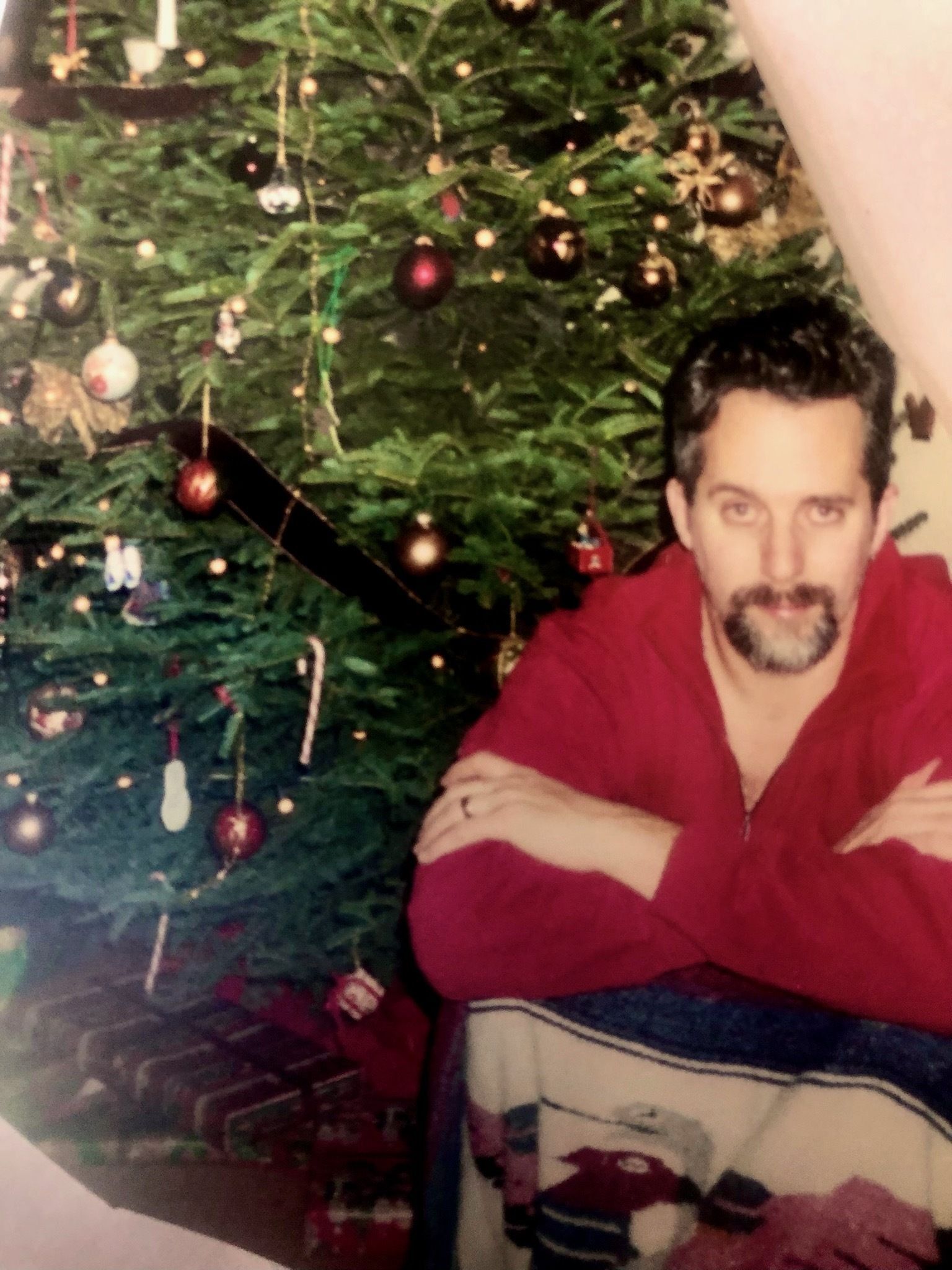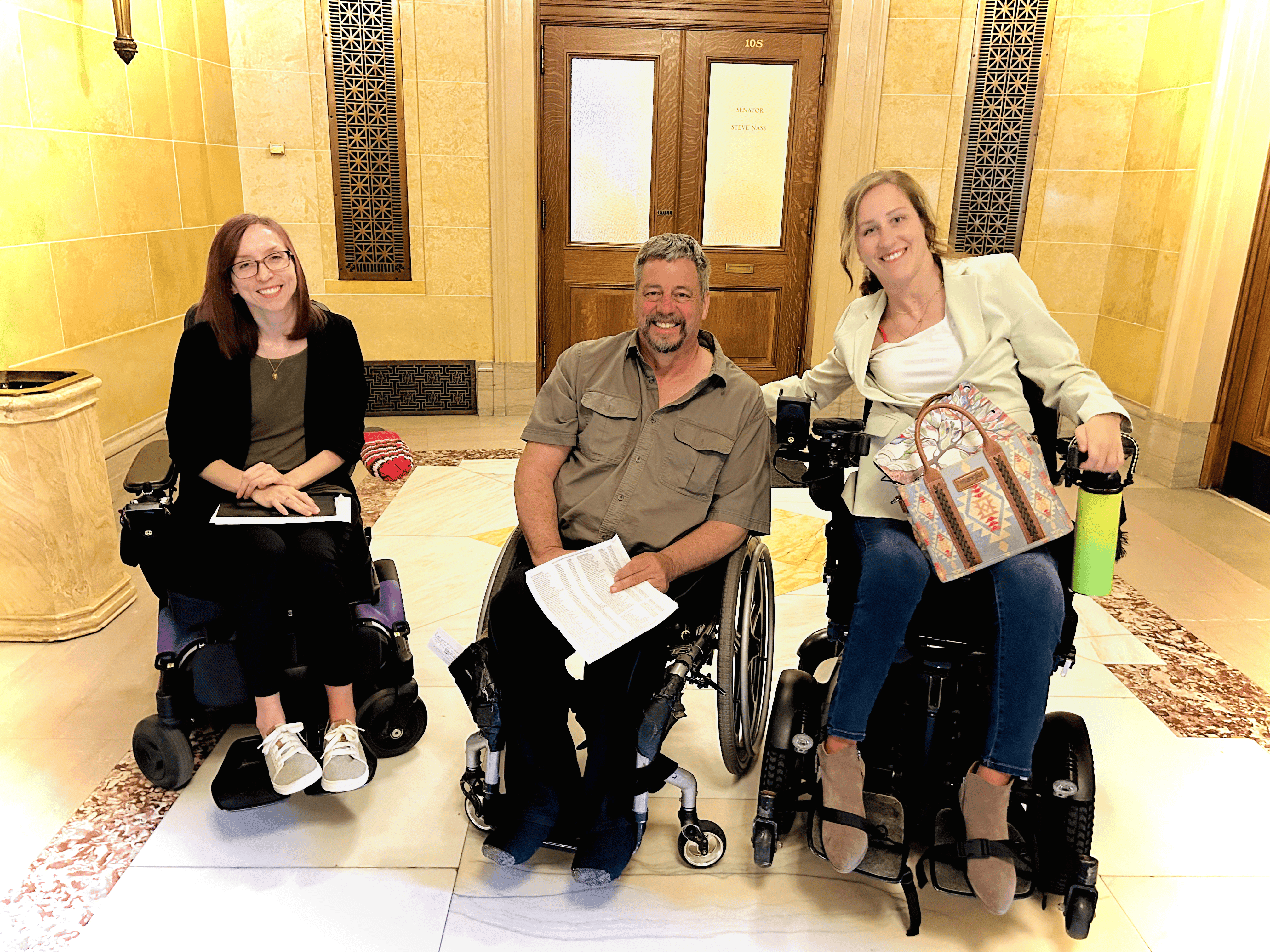
Above: Matthew Rodreick posing next to a Christmas tree in the late 1990s.
I always tend to recede into observer mode during the holidays, watching all the shifting currents of attention in the culture rather than diving into them. Surely some of you are like that?
I attribute this observational tendency to the fact that I spent most of my working life in a hospital, and most of that in an Emergency Room. So, many holidays I spent were split or interrupted by illness, accidents, diagnoses and death. Sometimes I forget how much that has influenced who I am and how I see what I see.
I was reminded of this recently when I came across this viral social media message in the wake of a potential nurse's strike here in Minnesota. Here’s a brief excerpt:
…If you’ve never felt ribs breaking from doing CPR on someone’s family member, you shouldn’t be deciding how much nurses make.
If you have never zipped up body bags on a shift, you shouldn’t be deciding how much nurses make.
If you've never had to look into a loved ones eyes or hold them while they crumble when you tell them of the death of their child, mother, father, sister, aunt, gran, papa... you shouldn't be deciding how much nurses make….
I was not a nurse, but I have been in all of these situations and done all of these things more times than I can count. It occurred to me while reflecting on this, how strangely prepared my role as an ER manager made me for my son’s spinal cord injury 14 years ago. It’s like I’d been rehearsing for its eventuality for over 20 years, so that I would be ready.
It also reminded me why our SCI community must also be ready to speak up, share our experiences and weigh in on how research money is spent, how studies are done - scrutinizing their targets and tracking their progress - and how and where we are included or excluded in this complex research system. To clarify, I don’t see the SCI community as some sort of labor union that should be issuing confrontational demands to the ‘bosses’ of the research community. But this injury has altered who we are and how we see what we see. I believe that experience is a power that can fuel change and lead to better, faster cures for our community.
And it's a power that our partners and collaborators need from us. It might sometimes split or interrupt the celebrations of the day, not unlike all the Christmas days I spent in a busy ER. But like that, the interruption comes with an invaluable experience of spinal cord injury that must be shared for our good and for the good of our larger partner family.
That’s why we do what we do here at U2FP. And it's why we have a sense of urgency for this work. We live in the places that most people don’t see, so it's imperative that we share the singular experience of this complex injury.
I hope you enjoy the holidays however you celebrate them with your family, friends and especially those of you who will spend it at work.

















